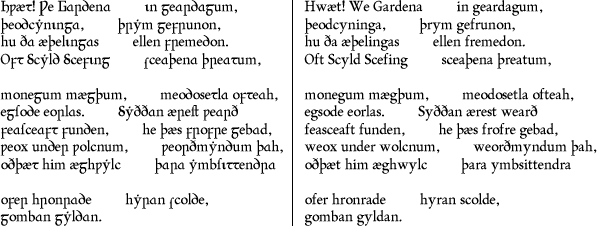I wonder if reading old English would do the same. So I bet your doctor should be prescribing Shakespeare reading for you after your stroke, and I bet reading it aloud would be even better.
Shakespeare and Wordsworth boost the brain, new research reveals
Scientists, psychologists and English academics at Liverpool University have
found that reading the works of the Bard and other classical writers has a
beneficial effect on the mind, catches the reader’s attention and triggers
moments of self-reflection.
Using scanners, they monitored the brain activity of volunteers as they read
works by William Shakespeare, William Wordsworth, T.S Eliot and others.
They then “translated” the texts into more “straightforward”, modern language
and again monitored the readers’ brains as they read the words.

No comments:
Post a Comment